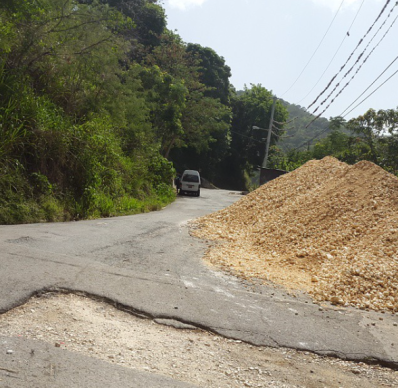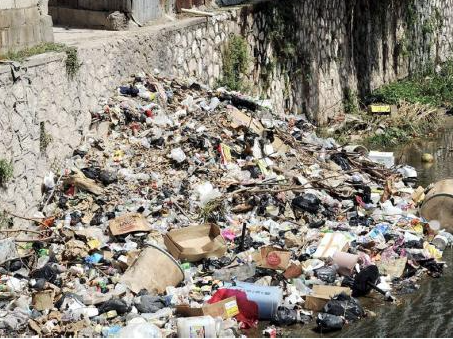For a long time, I was uncomfortable how the official statistics pushed a line that was pushed hard by the Jamaica Constabulary Force and the Minister of National Security: the narrative was that crime was trending down, while murders were apparently increasing. See this report in August in the Jamaica Observer. I said before that this seemed to misunderstand the psychological impact that murders had on people’s perception of their safety. All crimes are personal violations, but the taking of lives has an series of negative impacts, individually and collectively, that are hard to measure, and probably of greatest concern.
How people react to murders is well summarized by the anger when a recent murder case ends with the acquittal of the accused, before much evidence had been brought forward and examined. The general dissatisfaction that a seemingly innocent schoolboy, Khajeel Mais, had been shot in a taxi headed to a fete, is easy to understand, even if people understand that the accused might not have been guilty. The course of justice was derailed in many ways, including by the ‘main witness’ who claims to have seen nothing significant.
The horrible stabbing death of a schoolboy on a bus, again on his way home, for a watch and cell phone, a few days ago brought out the clear vulnerability that we are all exposed to, from villains who care about some material gains at the expense of any life that blocks access to that.
Few murders seem to have involved stages short of killing.
I’ve written before about how the risk/reward balance of crimes in Jamaica is so tilted that it’s quite rational for criminals to not fear the law, and thus commit horrific crimes.
So, we are not more comfortable knowing that violations like burglary may be lower, when killing is seemingly rampant.
Why the authorities haven’t understood this baffles me.
However, what is becoming clear is that this misunderstanding means that the security forces haven’t been focusing on what makes people feel they are in a safer country.
I’m not keen on the state of emergency talk, mainly because it doesn’t tackle any underlying reasons that make the horrific crimes occur. Had it been in place in St. James would Nicholas Francis have been safer going home on a bus from Jamaica College? Would the Reggae Boys team doctor have been safer at his home in Barbican, instead of being a victim of a murder by a group of killers? These deaths didn’t come from any apparent provocation.
Those who were quick to suggest that not taking phones to school would somehow create conditions for safer streets would suggest what to keep the murdered doctor safer? Become homeless?
Gang disputes and murders in areas where turf wars go on aren’t what worries ordinary Jamaicans, and that is a wide set of special cases. People are worried that they seem unable to do ordinary things without the high risk of being victims of attacks.
Whether the apparent greed or striving to have what someone else has are things that can be changed quickly is open to question. We have a set of people whose psychological make up has made them lose respect for the sanctity of life. Simply, we have real mad people wandering in our midst, and they are armed and dangerous.





































